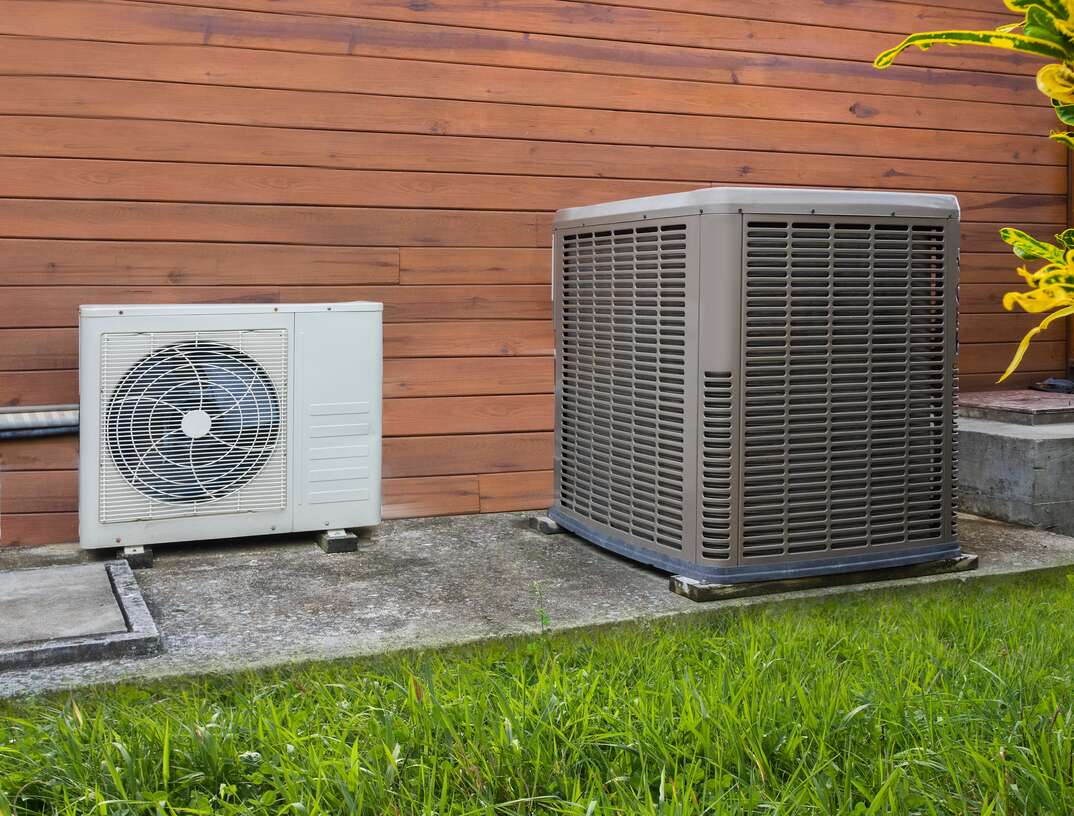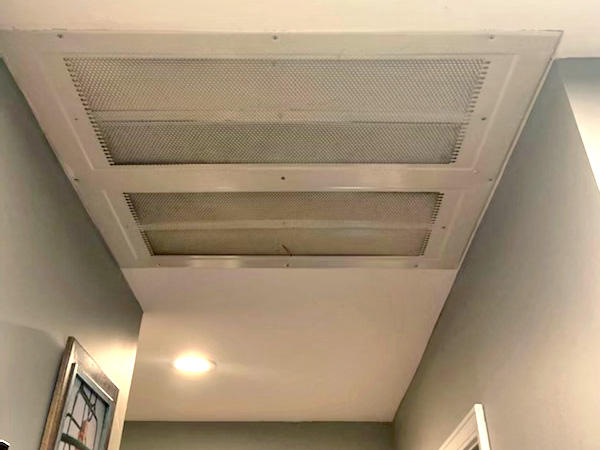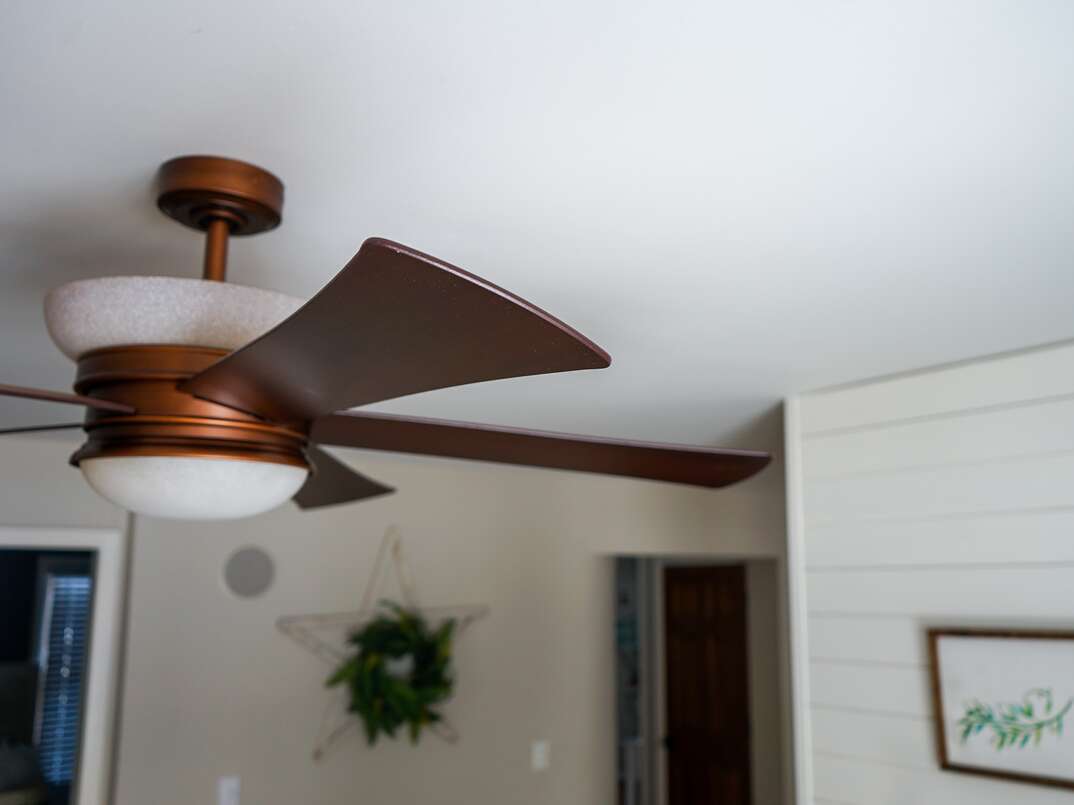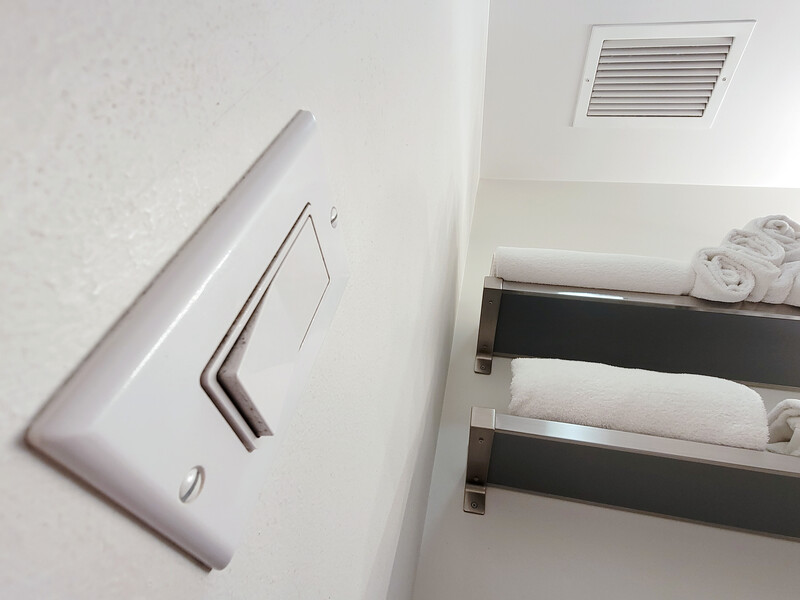How Much Does a Heat Pump Cost?

Heat Pump Costs at a Glance
- Installation price: $1,000-$3,000
- Heat pump with installation: $6,000-$9,000
- 20 SEER-rated or above: $15,000+
- Air source heat pump price: $4,500-$8,000 (up to $10,000 for high-end units)
- Geothermal heat pump price: $10,000-$30,000
- Electrical heat pump price: $5,100
- Heat pump replacement: $3,000-$6,000
- Heat pump and air handler replacement: $4,000-$9,000
- Heat pump and ductwork replacement: $15,000+
Installing a heat pump in your home can improve the efficiency of your heating, ventilation and air conditioning system. Heat pumps are most often used for heating and cooling indoor spaces. In warm weather, the pump channels hot air from the house to the outdoors, while in cooler months, the system moves heat into your house from outside.
This May Also Interest You: What Is the Difference Between a Furnace and a Heat Pump?
The pump doesn't create much heat of its own, but instead moves heat from one area to another. If you're looking for ways to make your HVAC system more energy-efficient, a heat pump will likely do the trick.
The cost of your heat pump installation will depend on several factors, including the heat pump brand, labor cost, house size, local HVAC permit, installation fees, time of the year and extra materials required. Read on to learn more about heat pumps and the cost to install them.
Heat Pump Installation Cost
One of the first factors to consider when installing a new heat pump in your home is, of course, the cost. Putting in a heat pump is typically more expensive than installing a central air conditioning system with the same SEER rating.
What Is a SEER Rating?
SEER stands for Seasonal Energy Efficiency Rating. The heat pumps, air conditioners and many other electronics you buy often have a SEER rating printed on them. A higher SEER number indicates a more energy-efficient unit. The U.S. Department of Energy states that 14 is the lowest allowable SEER rating for a heat pump, whereas models rated at 18 SEER or above are generally considered the most efficient on the market.
You can expect to pay between $1,000 and $3,000 to install a heat pump in a typical-size house. So when you combine the cost of a 17 SEER heat pump with installation expenses, you can expect to pay about $6,000 to $9,000.
You can expect to pay about $4,000 for a 3-ton heat pump, including the installation cost. For a 16 to 17 SEER rated unit, you can expect to pay around $6,000 to $8,000. Units with a 20 SEER rating or higher can cost upwards of $15,000.
The installation cost also depends on the heat pump type. Complex geothermal units are the most expensive, while air-source units are usually the most affordable.
Types of Heat Pumps
There are four types of heat pumps: air source, ground source, water source and hybrid heat pumps. These units collect heat from different sources and concentrate it for use inside.
Air Source Heat Pumps
Air source heat pumps are the most common types for residential use, and they work by transferring heat from the outside air to your house. They're ideal for people living in moderate climates. The heat pump is attached to the side of the house and transfers heat via compression in two coils of conductive copper tubing.
When heating is needed, the liquid refrigerant in the outside coil draws heat from the air and evaporates, moving into the inside coil. The gas condenses into liquid and channels the warmth this generates to your home heating system. Air source heat pumps have become more advanced in recent years and can now be used as heating alternatives in colder areas. Although the final cost of installing an air-source heat pump depends on its capacity and brand, you can expect to pay anywhere from $4,500 to $8,000, or up to $10,000 for high-end heat pumps.
Ground Source Heat Pumps
Ground source heat pumps are also referred to as geothermal heat pumps. These remove heat from the house with a series of underground pipes during summer, and pump heat into the house during winter.
Temperatures in the ground are usually lower and more stable than in the air, which creates a stable heat sink for transfer. The main downside of ground source heat pumps is their generally high initial cost of installation. Although this technology is extremely efficient, the cost to install it is prohibitive for many homeowners.
Water Source Heat Pump System
If you live close to a deep water source, you might be able to install a water-based heat pump. This heat pump works in a way similar to the air source units, except that it uses water as the medium of heat exchange. Water source pumps absorb water from the water source to heat the structure and release heat into the water to cool it.
Some models use flowing water as a refrigerant, pumping it through a series of tubes placed as deep underwater as possible. These units can be used in extreme climates because the temperatures underwater are comparatively stable throughout the year. Because you don't need deep excavation to install the system, as is the case with underground systems, these units are relatively cheap to install. Their main limitation is the need to be close to a sizable body of water.
Underground heat pumps are subdivided into closed- and open-loop systems. The former involves a closed pipework loop containing an antifreeze/water solution, while the latter utilizes the water from the ground aquifer, which is then released back into the environment.
Hybrid Heat Pumps
A hybrid heat pump consists of a typical heat pump linked to another energy source, such as a gas boiler or solar power system, to increase its efficiency and maintain constant warmth. This heat pump's main benefit is that you don't have to change its radiators when installing it if you have an existing heat generation source, such as an oil or gas furnace. Hybrid heat pumps are a combination of features in air source and ground source systems.
Geothermal Heat Pump Costs
Geothermal heat pumps are also called ground heat pumps. They are most suitable for people with large homes that require a heating and cooling system delivering maximum capacity for the structure. These heat pumps are the most costly to install due to the added cost of land excavation. You can expect to pay up to $30,000 to install this system.
It can be helpful to consult with a local contractor to find out if a cheaper heat pump will work just as well. You'll need $10,000 to $30,000 to install a geothermal heat pump. The total cost depends on the size of the structure, soil conditions, site accessibility, system configuration and the drilling and digging needed. A geothermal heat pump costs approximately 40% more than a conventional HVAC system. However, depending on the climate you live in, you might be able to recoup the costs via energy savings in about four to 15 years.
It takes research and professional estimates to determine whether a geothermal system makes financial sense in your case. With geothermal heat pumps, the cost of the loop affects the pricing. The pond/lake system is the most cost-effective option, followed by the horizontal system, with the vertical system being the most expensive.
Electrical Heat Pump Costs
An electric heat pump is a unit powered by electricity that generally does an excellent job of heating and cooling homes. When calculating the cost of an electric heat pump, you should also consider costs associated with materials, transport, supplies, finish trim, equipment, cleanup and final adjustments on the system.
You can install a set-back thermostat with your heat pump to increase efficiency and save money. The thermostat should be set at 70 degrees for heating and 78 degrees for cooling. The cost of an electric heat pump depends on the brand, efficiency ratings, cooling and heating capacity, labor fees and site conditions. On average, you can expect to pay $5,113 to install this type of heat pump in your home.
Heat Pump Replacement Cost
If your heat pump is faulty, you may choose to replace it instead of repair it, depending on the extent of the problem. On average, it costs $3,000 to $6,000 to have a heat pump replaced. If you need to replace the air handler (the component that circulates warmed or cooled air throughout the house) alongside the pump, the cost comes up to $4,000 to $9,000, while replacing the ductwork increases the cost to $15,000 or more.
Other Factors to Consider
When installing a heat pump system, it's essential to ensure you've picked the right size and ensure it's the most efficient option for your home. Other factors that impact the cost of the heat pump include:
Energy Efficiency
Energy efficiency refers to the power the system will need to do its job. Consider the SEER rating of the heat pump you are considering.
The heat pump's cost increases with the SEER rating, and the energy efficiency drops by 15% for every two points. Energy-efficient heat pumps will help you save money, and you may qualify for some rebates by buying one with a high enough rating.
Size of Your Home
The size of your home and its condition heavily influence the type of heat pump you should get. When choosing s heat pump for your home, ensure its size and energy rating are ideal for your case. If you have a large home, the size of the heat pump should also be large. The same applies if your structure has a higher demand for heating and cooling.
A heat pump repair plan from HomeServe can help ensure you're prepared for associated costs. In this case, we'll swiftly dispatch a skilled contractor immediately when you call our 24/7 repair hotline. Get more information about plans from HomeServe.


